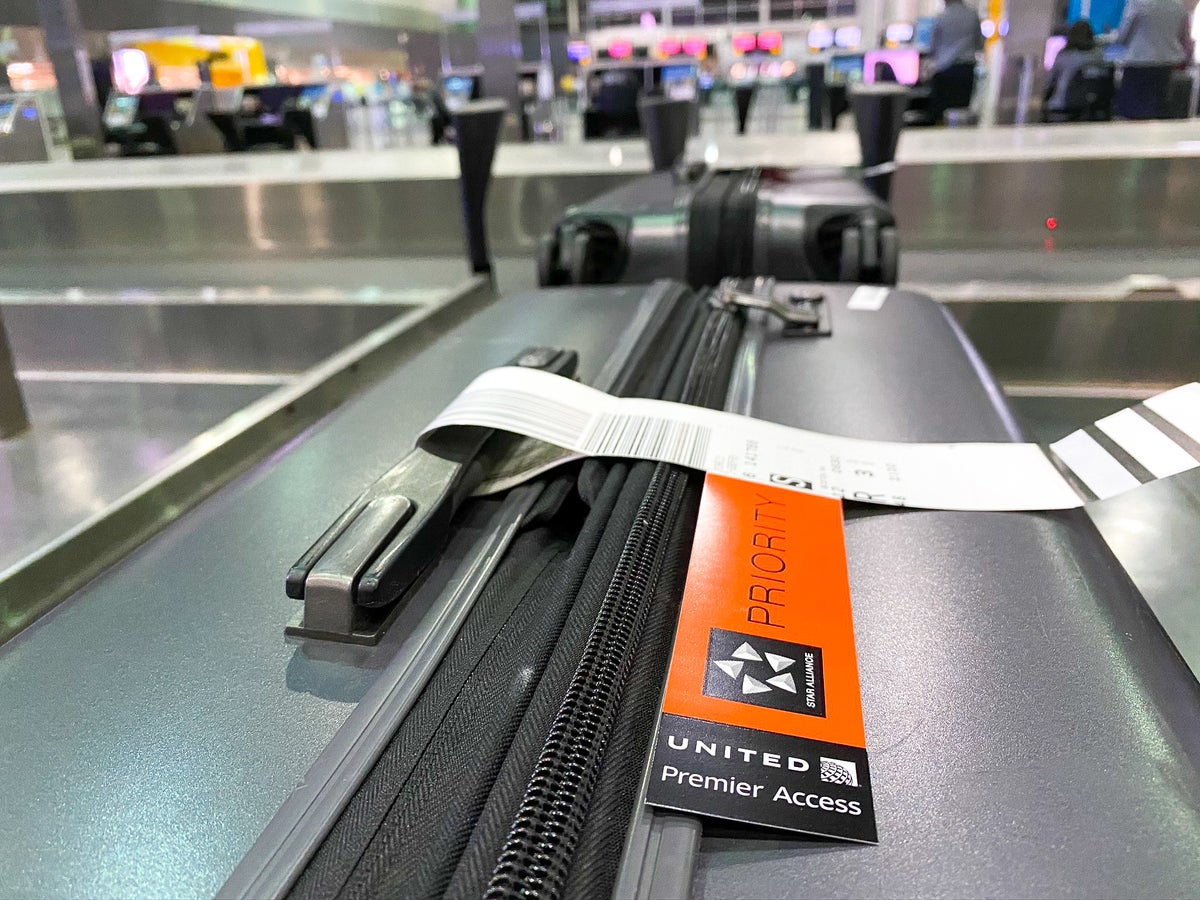Lori Zaino
Lori Zaino
Senior Content Contributor
198 Published Articles
Countries Visited: 58U.S. States Visited: 40
Lori is an intrepid traveler who loves creating itineraries that exude “luxe on a budget.” She’s written for CNN, NBC, The Infatuation, and more, and loves to muse about points-fueled trips to Sri Lan...
Edited by: Michael Y. Park
Michael Y. Park
Senior Editor and Content Contributor
64 Published Articles 1631 Edited Articles
Countries Visited: 60+U.S. States Visited: 50
Michael Y. Park is a journalist living in New York City. He’s traveled through Afghanistan disguised as a Hazara Shi’ite, slept with polar bears on the Canadian tundra, picnicked with the king and que...









![When To Use Cash or Miles for Airline Tickets [10 Helpful Tips!]](https://upgradedpoints.com/wp-content/uploads/2022/05/Womans-feet-in-hammock-at-beach.jpeg?auto=webp&disable=upscale&width=1200)

